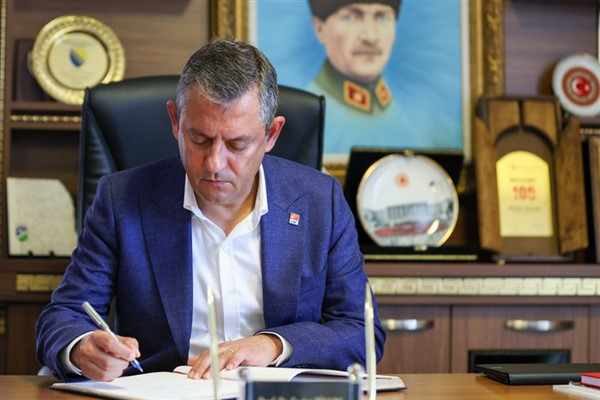According to the decree published in the Official Gazette, Turkey increased its VAT rates from 18% to 20% and from 8% to 10%. Other prominent decisions;
· The lump-sum fees applied in 2023 have been increased by 50%.
· Banking and Insurance Transactions Tax (BSMV) was increased from 10% to 15%.
· Taxes on gambling games were also increased.
· The phone permit fee brought with the passenger was increased from 6 thousand 91 liras to 20 thousand liras.
· Withholding tax was reduced from 10% to zero for dividend payments of listed companies.

Turkey's budget deficit / GDP by years… Source: Ministry of Treasury and Finance, Dinamik Yatırım
Tax increases and regulations began to come. The deterioration we have seen in the budget for a long time revealed the expectations of such tax increases. Therefore, the increasing budget deficit may lead to the continuation of such regulations. Such arrangements should be seen as the macroeconomic consequences of the increased fiscal deficit due to the earthquake, election promises and the effect of inflation on the public expenditure burden. We think that serious savings are needed on the budget expenditures side in order to reinforce the budget balance and ensure fiscal discipline.
Most of the tax increases are focused on indirect taxes, not on direct income taxes, which will lead to direct price increases. Inflation and inflation expectations are still very strong, and besides cost items such as exchange rate, wages, gasoline hikes, raw material price increases, tax increases will be an important addition. The pass-through of these costs is very high, especially in such inflationary environments, cost-price pass-through increases a lot. When inflation expectations fail to anchor, this creates a spiral, causing continued demand to make a strong contribution to inflation. This situation seriously bends inflation risks upwards.
If we look from the point of view of the CBRT; The most important pillar of the fight against inflation is monetary policy. Under normal circumstances, the return of monetary policy is an important and positive step. However, increases such as VAT, SCT, wages and exchange rates are all negative and risky for price balances. In terms of inflation, all cost factors must remain under control and the exchange rate is the most important component here. The gradual transition following the current markets may remain relatively "dovish", as new factors on the financial side bring along the multilateral inflation dimension. Here, more serious proactivity and front-load monetary tightening may be required.
Kaynak Dinamik Yatırım
Hibya Haber Ajansı




